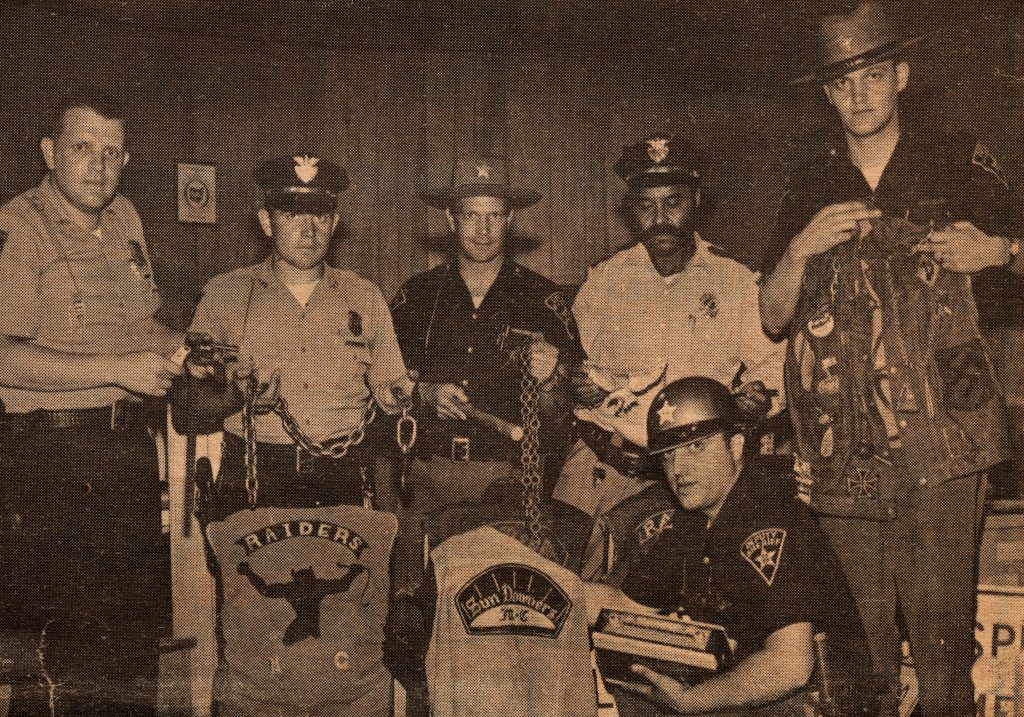Incorporated in 1955, Reminderville has a unique and interesting history. Years prior to officially gaining its moniker and becoming a village, it was already known to some as Reminderville, almost assuredly due to the great number of Reminders who resided in the area. In fact, as far back as the 1940s, truck drivers referred to the area as Reminderville, one trucker passing the name along to another so he would not mistakenly attempt to deliver his cargo to Twinsburg. The Township’s residents redirected many confused truckers to the marshy region nicknamed Reminderville.
The secluded, swampy land offered peace and quiet for urbanites attempting to flee the hustle and bustle of city life. It was a favorable destination for fishing, hunting, and freedom from the rat race of city life.
According to Lee Barthelman, known by many as Reminderville’s local historian: “In 1955 there were fifty-six families that lived over on the eastern side of Reminderville, right on the border of Summit County. The only way to get to Reminderville or to that group was to go out to what was called Orchard Road which takes you out to Aurora Road, and from Aurora Road you can go wherever you want to.” This kept the fledgling village largely isolated from the outside world, including neighboring towns.
To make matters worse, at the outset the independence of the area was negatively impacted by its reliance on the fire department of its neighbor to the north, Aurora. With permission from Aurora, in 1952, Reminderville was able to start a volunteer branch of the Aurora Fire Department. This benefited the village twofold: it helped forge a measure of independence and provided the residents with heightened safety and security, as it had often taken the fire department far too long to arrive while an inferno incinerated all in its path. The first fire engine was donated by the Aurora Fire Department, an outdated model that soon would be replaced.
The first year-round settler in what is now Reminderville was Peter Grimm. Born in Breitenbuch, Germany, he came to Cleveland as a teenager in the early 1920s before settling in the northeastern corner of Summit County. If not for the sheer number of Reminders who migrated to the area shortly before Grimm, the village may have been named Grimmville.
The Reminders were the most prominent family in the village as well as major catalysts for its development. Probably the most important event in the evolution of Reminderville was the construction of Glenwood Drive. George Reminder, brother of the village’s first mayor, Clement Reminder, was extremely aggressive in pursuing the construction of the road that extended the dead end at Orchard Street off Route 43 through to Liberty Road to the west. In 1962, the road was completed, literally opening up new possibilities for Reminderville and its residents. Finally, there was easy access to the Township, Twinsburg, and the rest of Summit County and beyond.
George was known as the outspoken one who got things done, but it was Clement who was chosen as first mayor in April 1955. According to his nephew Charles Reminder, the thinking behind his nomination was “Uncle Clem was quiet, he’s smart and he wears a tie, so he can be mayor.” So the first mayor may have been selected because he was tight-lipped and had a propensity for sprucing himself up with neckwear. His mayoral reign lasted only a year, as he fell ill and had to step down from office.
